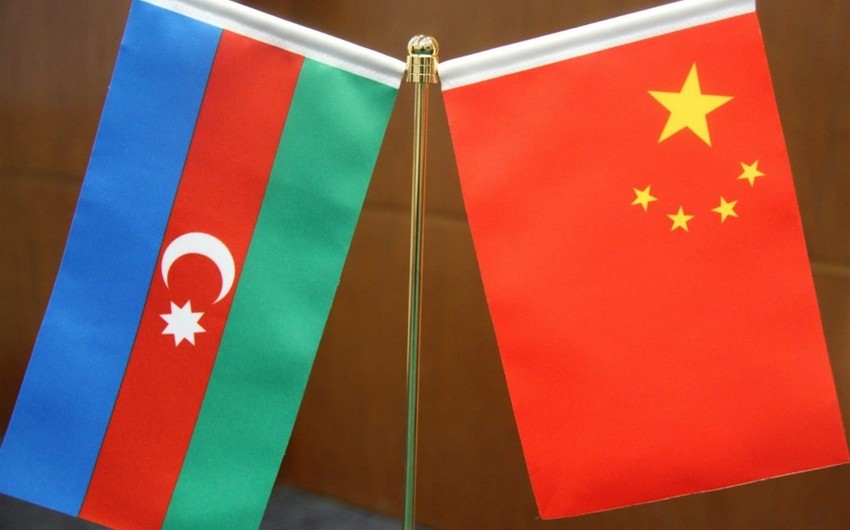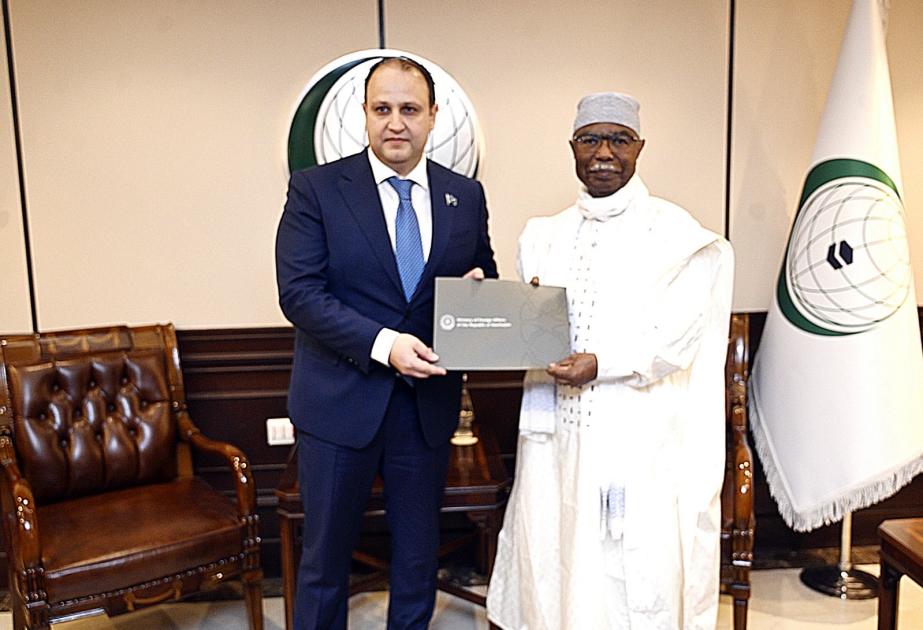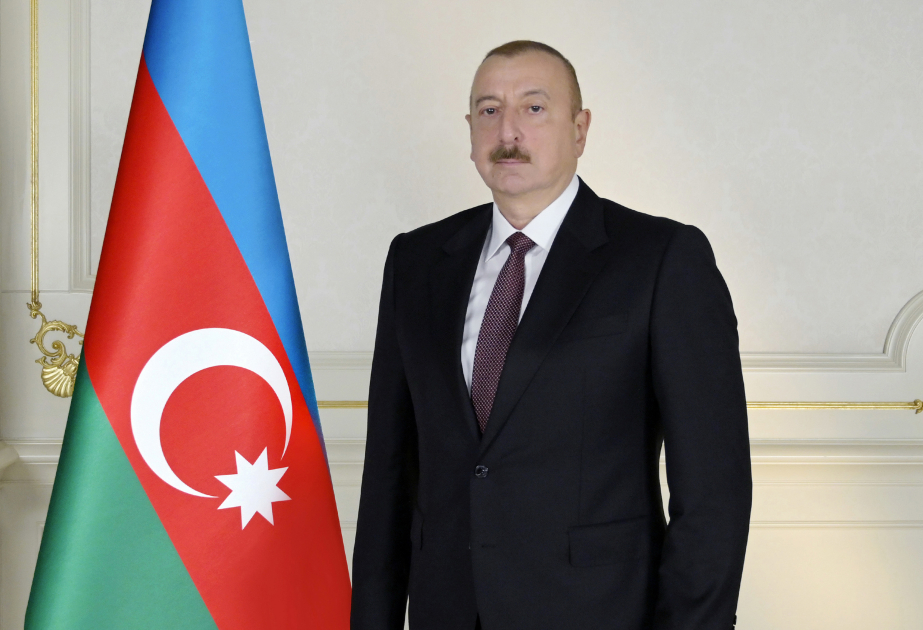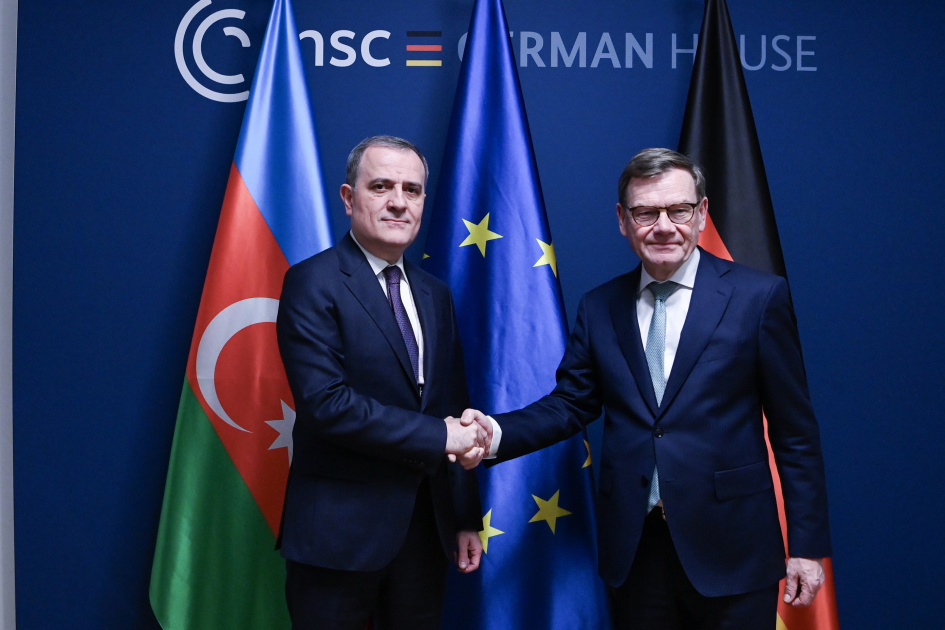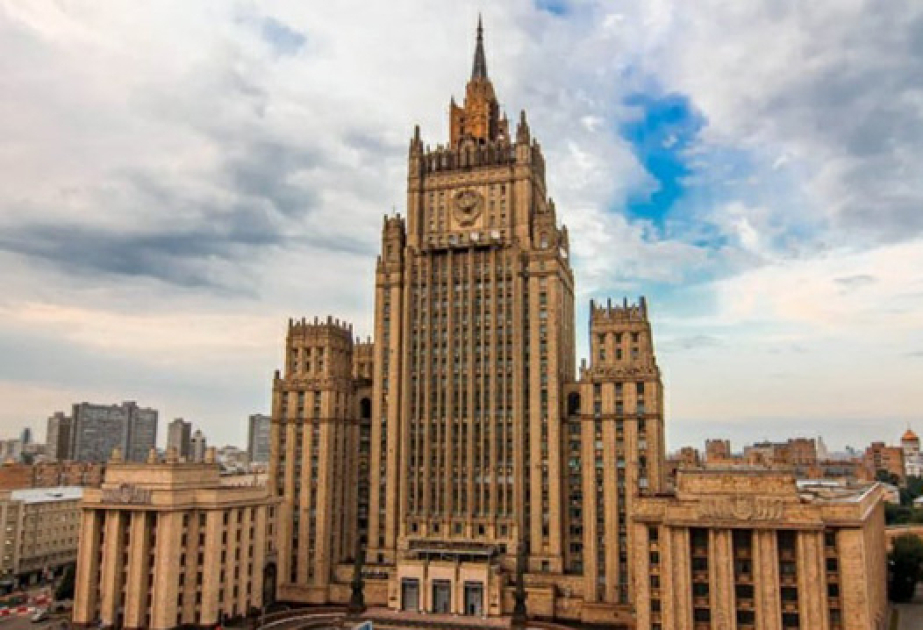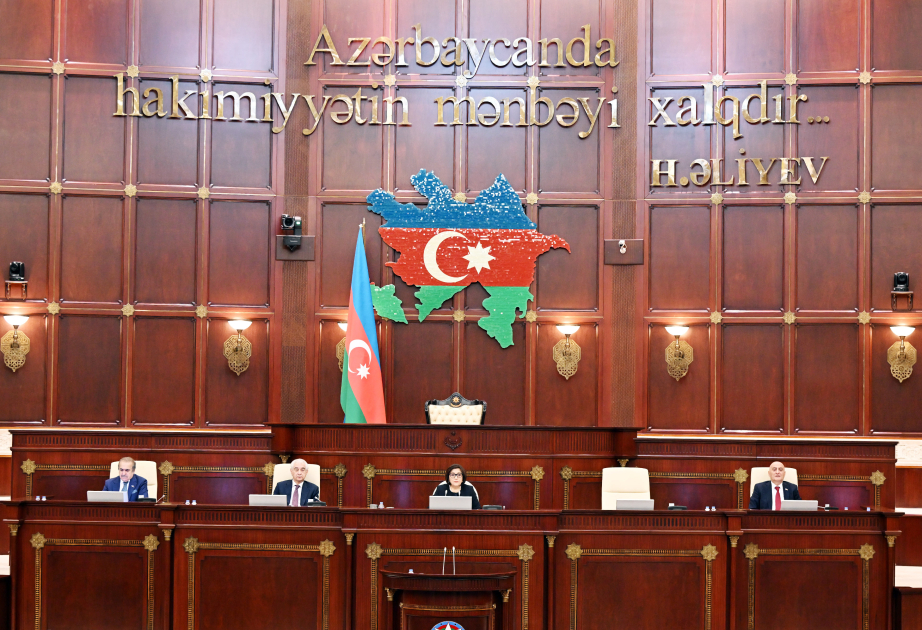On the path of rapprochement between Azerbaijan and China, renewable energy, high technologies, and investments play a key role, Report informs.
In April last year, the two countries signed a series of agreements concerning these areas.
The parties, in particular, agreed to establish a strategic partnership. Against the background of an active policy of expanding and diversifying cooperation pursued by Baku in accordance with national interests, concerns are emerging in Europe about losing significance for a reliable partner in Azerbaijan.
The Italian newspaper Formiche, in its analytical article, examined the significant expansion of interaction between Baku and Beijing in the context of Brussels' weakening role in this important region located at the junction of continents.
The publication reminds that the agreements signed between the two countries cover a wide spectrum of cooperation, from joint investments between the Ministry of Energy of Azerbaijan and the Chinese multinational company Universal in the construction of a 100 MW solar power plant in Gobustan, scheduled to be commissioned in 2026, to the commitment of China Datang Overseas Investment to build a floating solar power plant with a capacity of 100 MW on Lake Boyukshor and cooperation between PowerChina Resources and Socar Green to create a 160 MW solar park scheduled to be commissioned in 2028.
"But there are also more ambitious projects, such as the memorandum of understanding between the Ministry of Energy, Socar Green, China Datang and PowerChina on the construction of a giant 2 GW offshore wind power plant in the Caspian Sea. In addition, a cooperation agreement was formalized with the Chinese Institute of Power Planning and Engineering, aimed at supporting the integration of renewable sources into Azerbaijan's national grid in the period after 2028. These agreements are not limited to just the construction of power plants, but are aimed at creating an integrated and advanced energy infrastructure capable of not only meeting domestic needs, but also making Azerbaijan a potential exporter of green electricity to Europe," reads the article.
The newspaper also notes that cooperation between Beijing and Baku in this area is not something new: "Back in November last year, within the framework of COP29, the two countries signed a series of cooperation agreements concerning the development of renewable energy production capacities and the creation of research centers related to this sector.
The visit of Azerbaijan's President Ilham Aliyev to Beijing clearly demonstrates that relations with China have become strategic for Baku (and vice versa), not only at the economic but also at the geopolitical level. Azerbaijan is transforming into a regional center of green energy, capable of exporting renewable electricity to European markets, including through multilateral projects with Kazakhstan and Uzbekistan.
But to realize this ambition, it decided to turn to China, which offers inexpensive technologies and comprehensive service packages that combine financing, construction, and management. This penetration is not neutral: it means a progressive dependence on Chinese supplies, services, technological standards, and skills. Long-term management of installations, especially offshore or floating ones requiring high specialization, will also increase the need for technical support from China."
Analysts of the publication believe that to prevent Azerbaijan from becoming too closely tied to China on this front, it is important for Europe to act now, and in this context, Rome, as a "long-standing interlocutor" of Baku (on various issues, including energy), can play a fundamental role in advancing European economic and diplomatic efforts to engage with this country, "distancing it from the Chinese orbit."
Undoubtedly, a brief analysis shows that the expansion of cooperation between China and Azerbaijan carries certain risks for Europe as a whole. The strengthening of the PRC in the South Caucasus could weaken the EU's influence and complicate the implementation of its own energy and infrastructure projects aimed at reducing dependence on Russia and China. Moreover, the concentration of Chinese investments in Azerbaijan's strategic sectors further emphasizes Baku's significance, now for China.
At the same time, the current situation against the backdrop of growing geopolitical rivalry requires Europe to provide not only an ecological but also a strategic response: these are not just Chinese investments in renewable energy, but strategic penetration into a critically important region.
China is actively participating in projects to build solar and wind power plants, modernize infrastructure, and expand transport corridors, including the Middle Corridor passing through Azerbaijan. Brussels should act immediately, otherwise the development of this scenario is fraught with the loss of a key partner in the South Caucasus.


